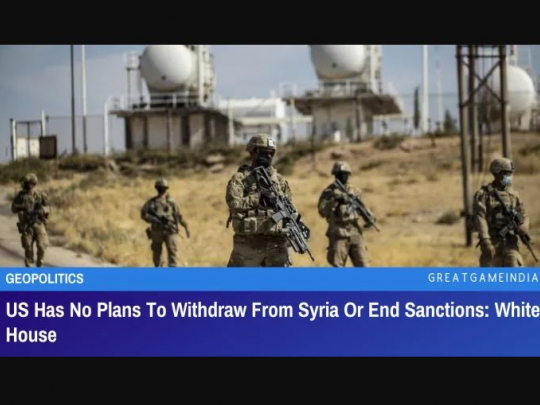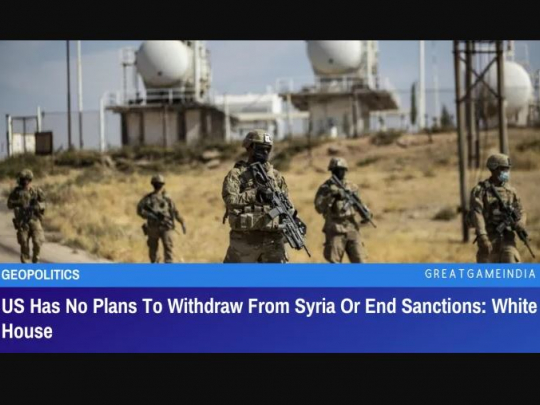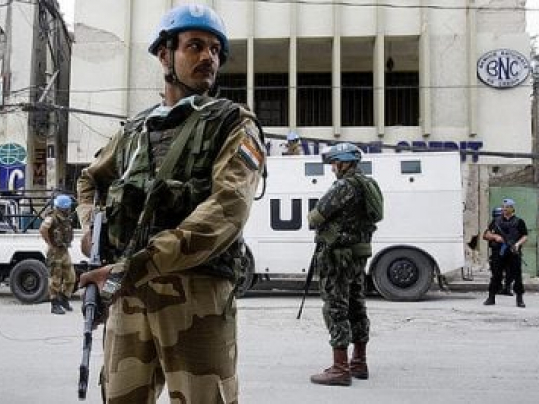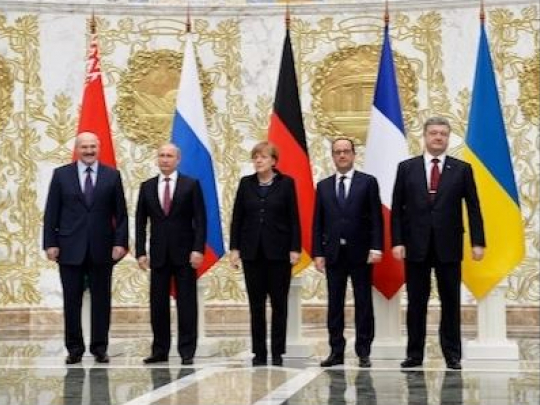The Battlefield Negotiations Now Favor The Syrian Government
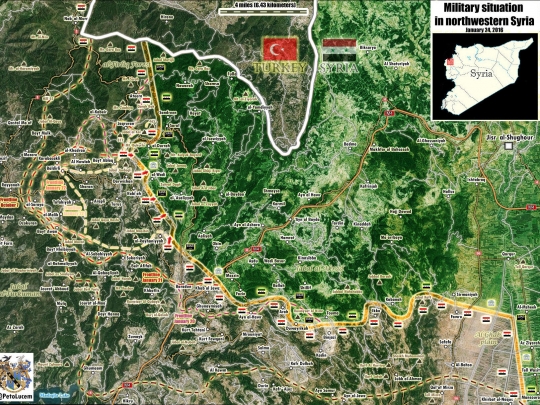
The Syrian army today liberated the the town Rabiah in Latakia province as well as several other villages in the area near the Turkish border. Rabiah, together with Salma which was liberated a few days ago, was one of the jihadists strongholds in the region. Russian air support and artillery was again decisive. Pictures from the town showed graffiti the "moderate" foreign supported insurgents left behind. It read "All Alawites will be exterminated".
This map shows the current frontline as well as the old frontline from where the Latakia campaign started a few weeks ago.
The jihadis evacuated all positions west of Rabiah and are on the run. Turkey closed its border to prevent them from crossing it. They will seek refuge in Kinsabba near the Jabal al-Akrad heights, their last strong point, which will be attacked next. After that the general attack will be launched at Jisr al Shanghaur in Idleb province from the west and the south after which a larger pincer attack on Idleb city is planned.
Latakia province and the Russian bases there are now secured. Opposition supply lines from Turkey are largely severed. The momentum is clearly on the side of the government troops.
In the south there the Syrian army continues to clear Sheikh Miskeen near the border to Jordan. Should the city be freed the southern insurgents supply lines from Jordan will be in jeopardy. The lines are already restricted as Jordan clamps down on militants crossing its border.
In the north as well as in the south various rebel groups started to fight each other. Clashes between various groups were reported from Daraa in the south and in Idleb between Ahrar al-Sham and Jabhat al-Nusra groups. Jabhat al-Nusra, al-Qaeda's section in Syria, is now under heavy pressure on many fronts and has called for more foreign fighters to join it. There are already strategic discussions within Nusra to end the open war and to go back being an underground guerrilla to hit at the Syrian government and other entities from behind their lines. But the guerrilla fish needs the water of the population to swim in and it is doubtful that Nusra has support of more than very few Syrian citizens.
The Syrian army also liberated Qatar from the Wahhabi Islamic State supporters. Unfortunately this Qatar was not the country at the Persian Gulf but a small town north east of Aleppo.
The Syrian government troops and some 200,000 civilians in Deir Ezzor in east Syria are under continuing heavy attacks from fighters of the Islamic State. The Syrian army sent reinforcements by transport helicopters, the Russian air force has dropped tens of tons of food for the population and Russian jets provide air support for the defenders.
In the Kurdish area in the north-east of Syria Russian specialist are working to establish another air base. The Turkish President Erdogan said such a base would not be tolerated. But what can he do besides launching an open war against Russia which Turkey would lose just like the other 17 wars it once waged against Russia. The U.S. is establishing its own base nearby to supply Kurdish forces. The Russian base will make sure that the U.S. base will not gain any permanence.
A report in the NYT describes how the U.S. organized the attack on Syria while the Saudis provided the financing at a rate of several billions per year. The report misleads as it only looks from 2013 onward. We already know that the CIA provided weapons and fighters from Libya reached Syria in late 2011 to early 2012.
But the U.S., as well as the Syrian government side, now wants the conflict to die down. It is putting a lot of effort into the next Geneva talks between some opposition groups and the government. Those opposition groups have been selected by Saudi Arabia and Russia has rejected the inclusion of the Salafi Army of Islam and the lack of representation of Kurdish groups. A compromise over this may now be possible with the Kurds and other non-Islamist opposition groups coming to Geneva as a third delegation.
But the war will not be decided through talks. The real negotiations happen on the battlefield. The Syrian government and its supporters will continue the attacks and will build on their recent successes. It is now likely that they will achieve war deciding results before the Geneva talks become serious.

- Source : Moon of Alabama




